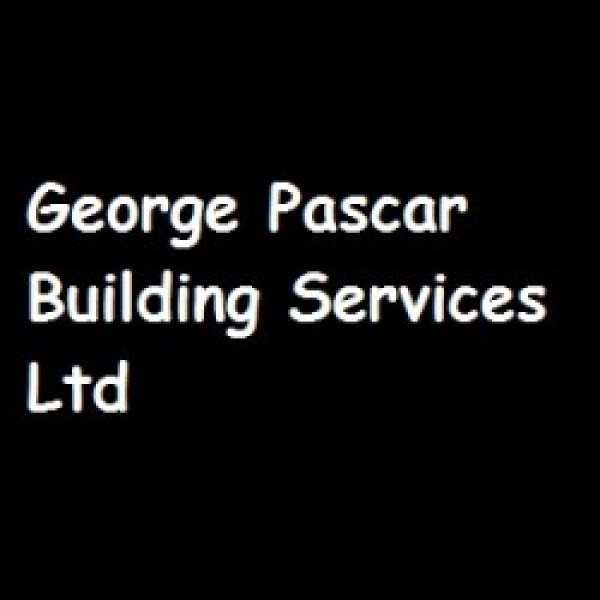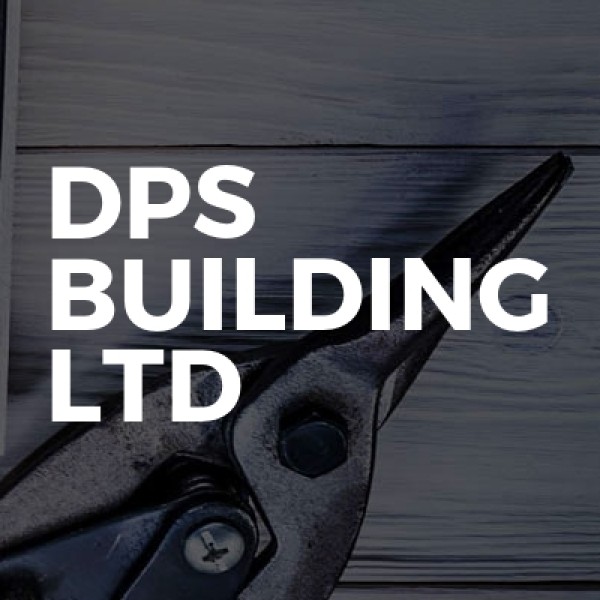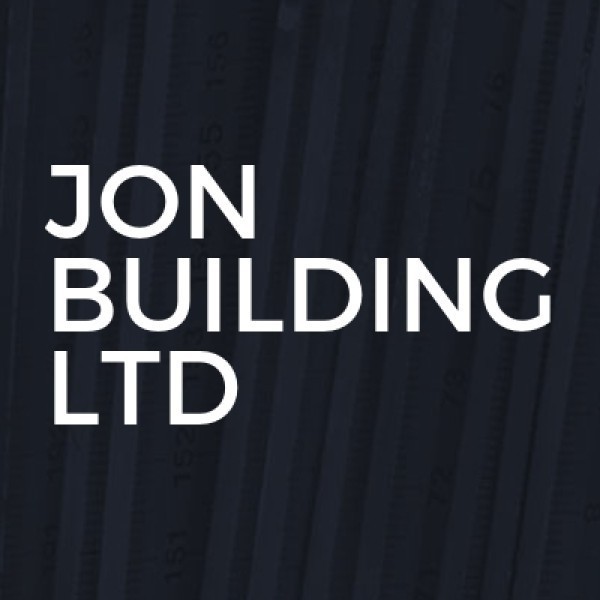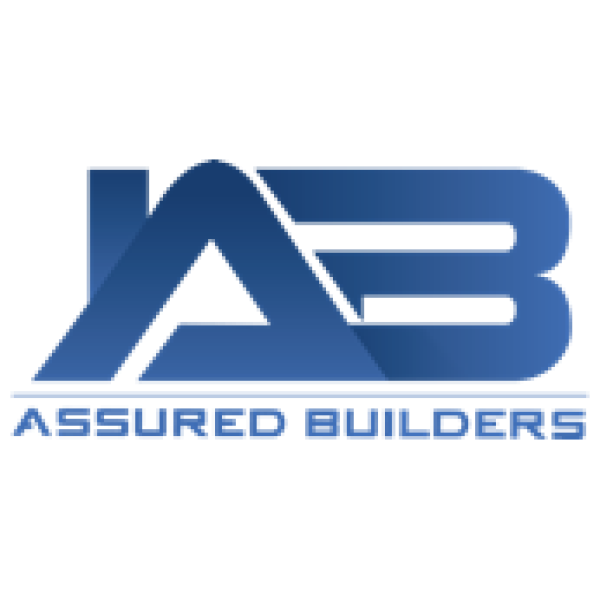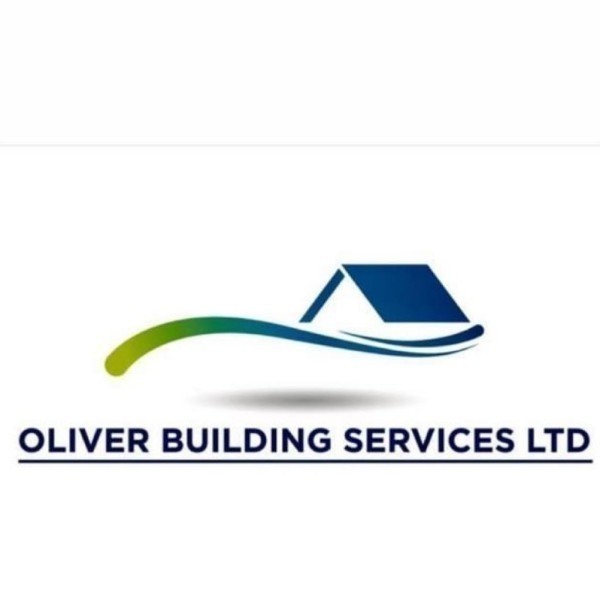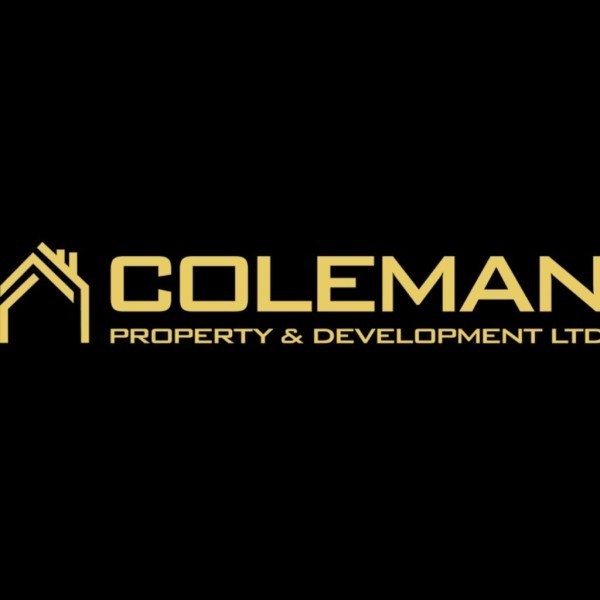Understanding the Role of Extension Builders in St Albans
St Albans, a historic city in Hertfordshire, is renowned for its rich heritage and vibrant community. As the city grows, so does the demand for home extensions. Extension builders in St Albans play a crucial role in transforming homes, adding value, and enhancing living spaces. This article delves into the world of extension builders, exploring their significance, processes, and the benefits they bring to homeowners.
The Importance of Home Extensions
Home extensions have become increasingly popular as families seek more space without the hassle of moving. In St Albans, where property prices are on the rise, extending a home can be a cost-effective solution. Extensions not only provide additional space but also increase the property's value, making them a wise investment for homeowners.
Types of Home Extensions
- Single-Storey Extensions: Ideal for expanding kitchens or living rooms, these extensions are a popular choice for adding ground-floor space.
- Double-Storey Extensions: Perfect for adding bedrooms or bathrooms, these extensions offer more space without increasing the building's footprint.
- Loft Conversions: Transforming unused attic space into functional rooms, loft conversions are a great way to maximise existing space.
- Garage Conversions: Converting a garage into a living area or office can provide valuable extra space.
Choosing the Right Extension Builder
Selecting the right builder is crucial for a successful extension project. In St Albans, there are numerous builders, each offering different services and expertise. Homeowners should consider several factors when choosing a builder to ensure they select the best fit for their project.
Experience and Expertise
Experience is a key factor when choosing an extension builder. Builders with a proven track record in St Albans are likely to have a better understanding of local regulations and architectural styles. Expertise in specific types of extensions, such as loft conversions or double-storey extensions, can also be beneficial.
Reputation and Reviews
Checking a builder's reputation is essential. Online reviews, testimonials, and recommendations from friends or family can provide valuable insights into a builder's reliability and quality of work. A builder with a strong reputation is more likely to deliver a satisfactory outcome.
Accreditations and Insurance
Accreditations from recognised industry bodies can indicate a builder's commitment to quality and professionalism. Additionally, ensuring the builder has adequate insurance coverage protects homeowners from potential liabilities during the construction process.
The Extension Building Process
The process of building an extension involves several stages, each requiring careful planning and execution. Understanding these stages can help homeowners manage their expectations and ensure a smooth project.
Initial Consultation and Design
The first step in the extension process is an initial consultation with the builder. During this meeting, homeowners discuss their needs, preferences, and budget. The builder then creates a design that meets these requirements while adhering to local regulations.
Planning Permission and Regulations
In St Albans, obtaining planning permission is often necessary for home extensions. Builders typically handle the application process, ensuring that all designs comply with local building codes and regulations. This step is crucial to avoid potential legal issues.
Construction and Project Management
Once planning permission is granted, construction begins. The builder manages the project, coordinating with subcontractors and suppliers to ensure timely completion. Regular communication between the builder and homeowner is essential to address any concerns or changes.
Final Inspection and Handover
After construction, a final inspection ensures the extension meets all safety and quality standards. The builder then hands over the completed project to the homeowner, providing any necessary documentation and warranties.
Benefits of Hiring Professional Extension Builders
Hiring professional extension builders in St Albans offers numerous benefits. From ensuring compliance with regulations to delivering high-quality workmanship, professional builders provide peace of mind and a superior end result.
Quality Workmanship
Professional builders have the skills and experience to deliver high-quality work. Their attention to detail and commitment to excellence ensure that the extension is built to last, adding value to the property.
Time and Cost Efficiency
Experienced builders can complete projects more efficiently, saving homeowners time and money. Their expertise allows them to anticipate potential issues and address them proactively, reducing the risk of costly delays.
Compliance with Regulations
Professional builders are well-versed in local building codes and regulations. They ensure that all work complies with these standards, avoiding potential legal issues and ensuring the safety of the extension.
Common Challenges in Home Extensions
While home extensions offer many benefits, they can also present challenges. Understanding these challenges can help homeowners prepare and mitigate potential issues.
Budget Constraints
Sticking to a budget can be challenging, especially if unexpected issues arise during construction. Homeowners should set a realistic budget and include a contingency fund to cover unforeseen expenses.
Planning Permission Delays
Obtaining planning permission can be a lengthy process. Delays in approval can impact the project timeline, so it's important to factor this into the planning stage.
Disruption to Daily Life
Construction work can be disruptive, affecting daily routines and causing inconvenience. Homeowners should plan for this disruption and communicate with the builder to minimise its impact.
Future Trends in Home Extensions
The home extension industry is constantly evolving, with new trends and technologies shaping the way extensions are designed and built. Staying informed about these trends can help homeowners make informed decisions about their projects.
Sustainable Building Practices
As environmental awareness grows, sustainable building practices are becoming more popular. Using eco-friendly materials and energy-efficient designs can reduce the environmental impact of extensions and lower energy costs.
Smart Home Integration
Integrating smart home technology into extensions is a growing trend. Features such as automated lighting, heating, and security systems can enhance the functionality and convenience of the extension.
Open-Plan Living Spaces
Open-plan designs continue to be popular, offering flexible and spacious living areas. These designs can create a seamless flow between indoor and outdoor spaces, enhancing the overall living experience.
Frequently Asked Questions
What is the average cost of a home extension in St Albans?
The cost of a home extension in St Albans varies depending on the size and complexity of the project. On average, homeowners can expect to pay between £1,200 and £2,000 per square metre.
How long does it take to complete a home extension?
The duration of a home extension project depends on its size and complexity. Generally, it can take anywhere from three to six months to complete.
Do I need planning permission for a home extension in St Albans?
Planning permission is often required for home extensions in St Albans. However, some smaller projects may fall under permitted development rights. It's best to consult with a professional builder to determine the requirements for your project.
Can I live in my home during the extension construction?
In most cases, homeowners can continue living in their homes during construction. However, there may be some disruption, so it's important to plan accordingly and communicate with the builder to minimise inconvenience.
What should I look for in an extension builder?
When choosing an extension builder, consider their experience, reputation, and accreditations. It's also important to ensure they have adequate insurance coverage and a clear communication process.
How can I ensure my extension is environmentally friendly?
To create an environmentally friendly extension, consider using sustainable materials, energy-efficient designs, and incorporating renewable energy sources. Consulting with a builder experienced in eco-friendly construction can also be beneficial.

